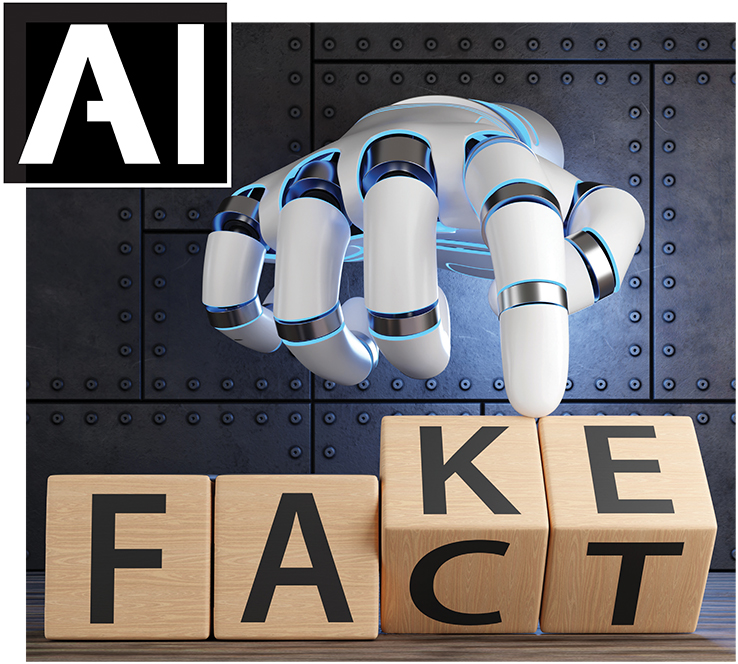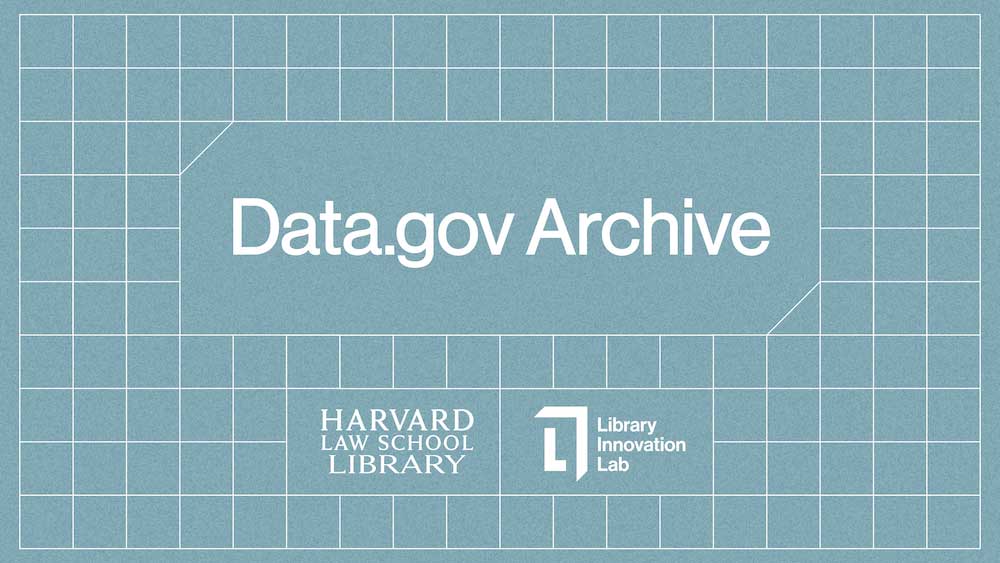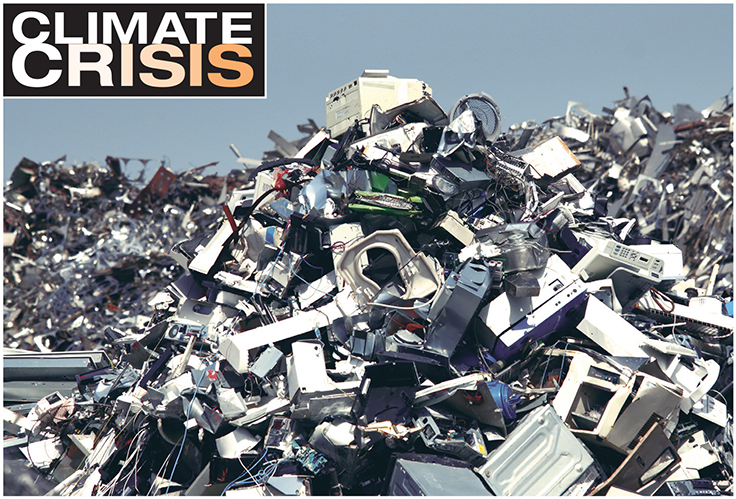Technology
ALL TECHNOLOGY COVERAGE
Gale recently debuted new personalization and visualization features for its Digital Scholar Lab—a cloud-based research environment designed to facilitate the access and analysis of Gale primary source materials and a researcher’s local humanities and social sciences collections.
Allison Jennings-Roche was named a 2024 Library Journal Mover & Shaker for her work at the University of Maryland helping educate students, faculty, and librarians who work with information systems. LJ recently spoke with Jennings-Roche, who is now the associate director of digital initiatives and collections (and a PhD candidate) at the University of Baltimore’s RLB Library, about why it’s vital to understand information, where it comes from, and how it affects everyone.
Generative AI services use a lot of electricity and water, and create a lot of e-waste. The ecological impact of the technology is just beginning to be studied and discussed.
Artificial intelligence and smart automation are streamlining workflows and transforming key processes across a wide range of industries. Even libraries are now benefitting from the rapid advancements in automation and AI.
Some AI tools are making newsrooms more efficient; others are generating incorrect headlines and news summaries, presenting new information literacy challenges.
On March 5, Clarivate issued an update to its February 18 announcement of a new subscription-based content access strategy for ebooks and digital collections, acknowledging the need for community consultation and a new transition timeline. Because customers expressed that “the original communicated dates for the last orders would pose a considerable challenge,” the open letter stated, Clarivate will extend the ability to make perpetual purchases of print and ebooks on all platforms—including Ebook Central, OASIS, Rialto, and GOBI—through June 30, 2026.
ALREADY A SUBSCRIBER? LOG IN
We are currently offering this content for free. Sign up now to activate your personal profile, where you can save articles for future viewing









